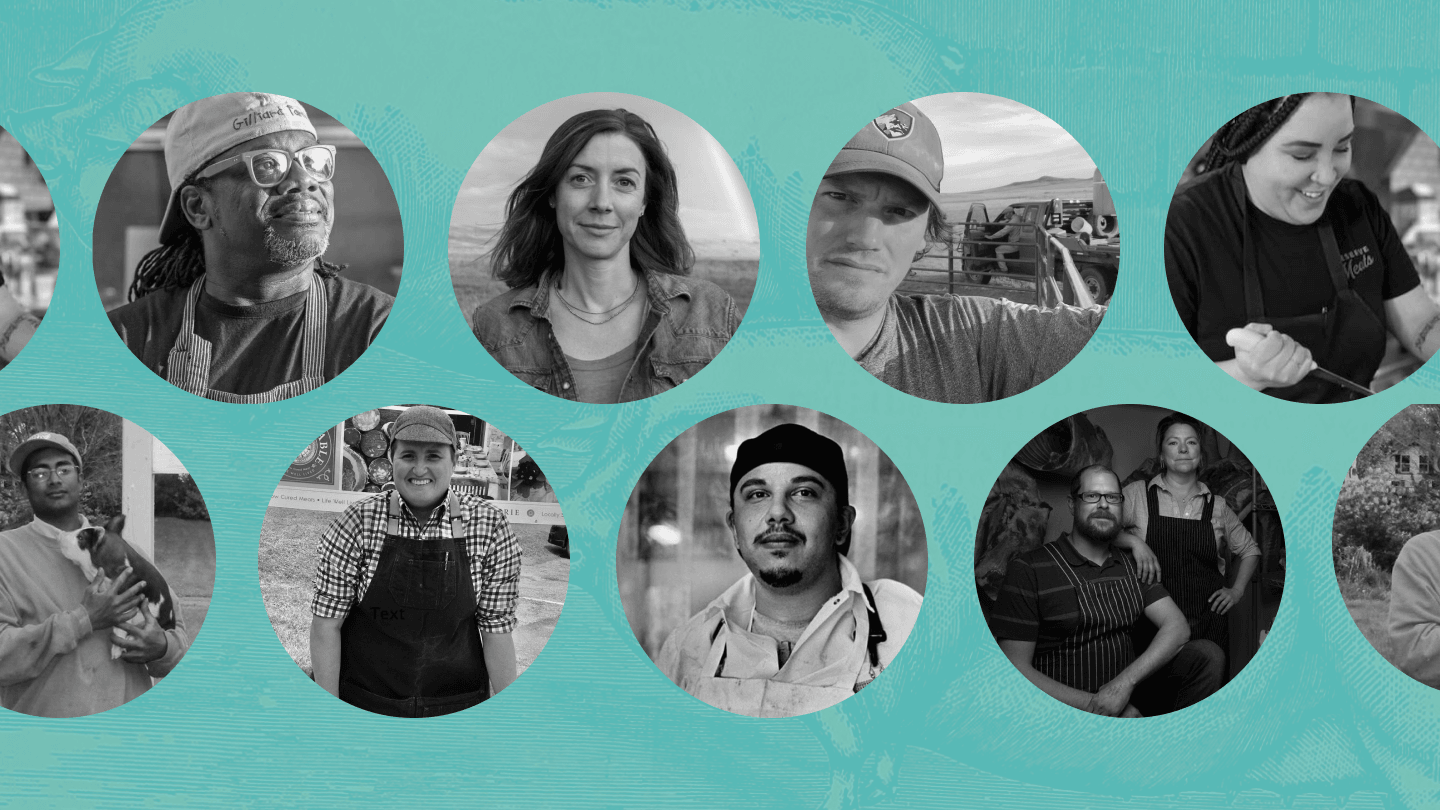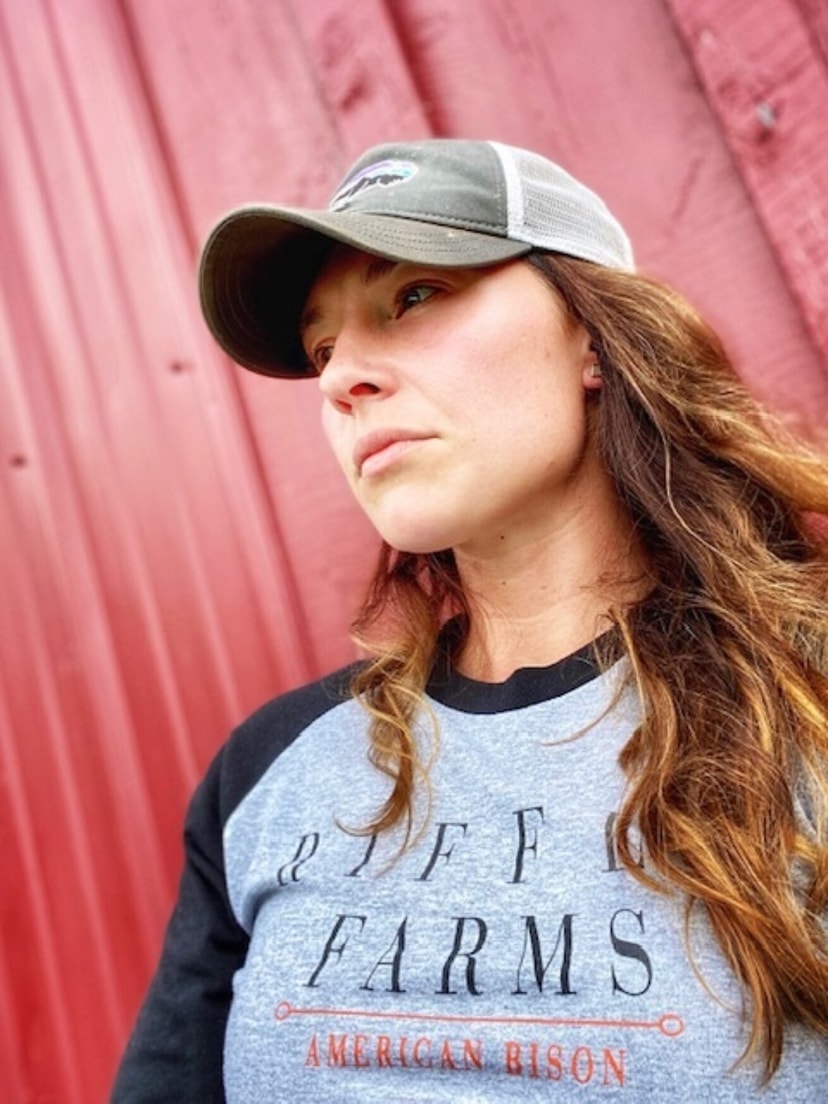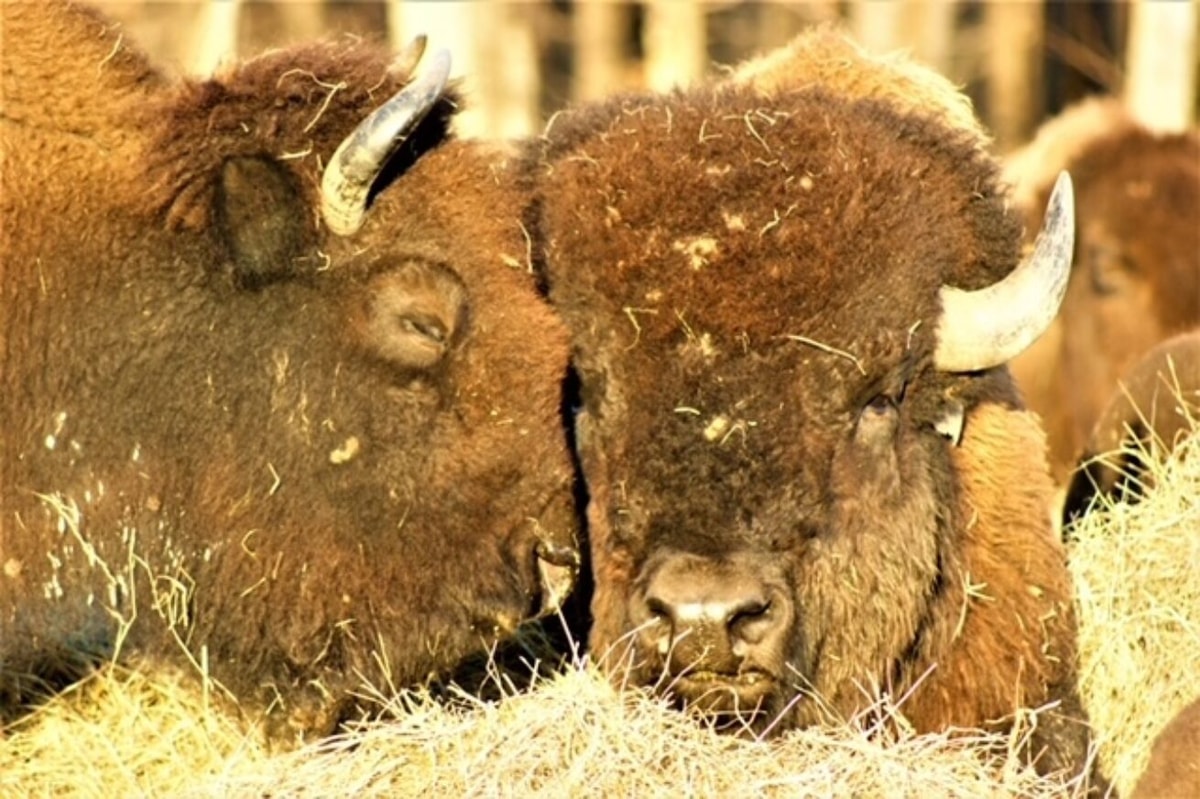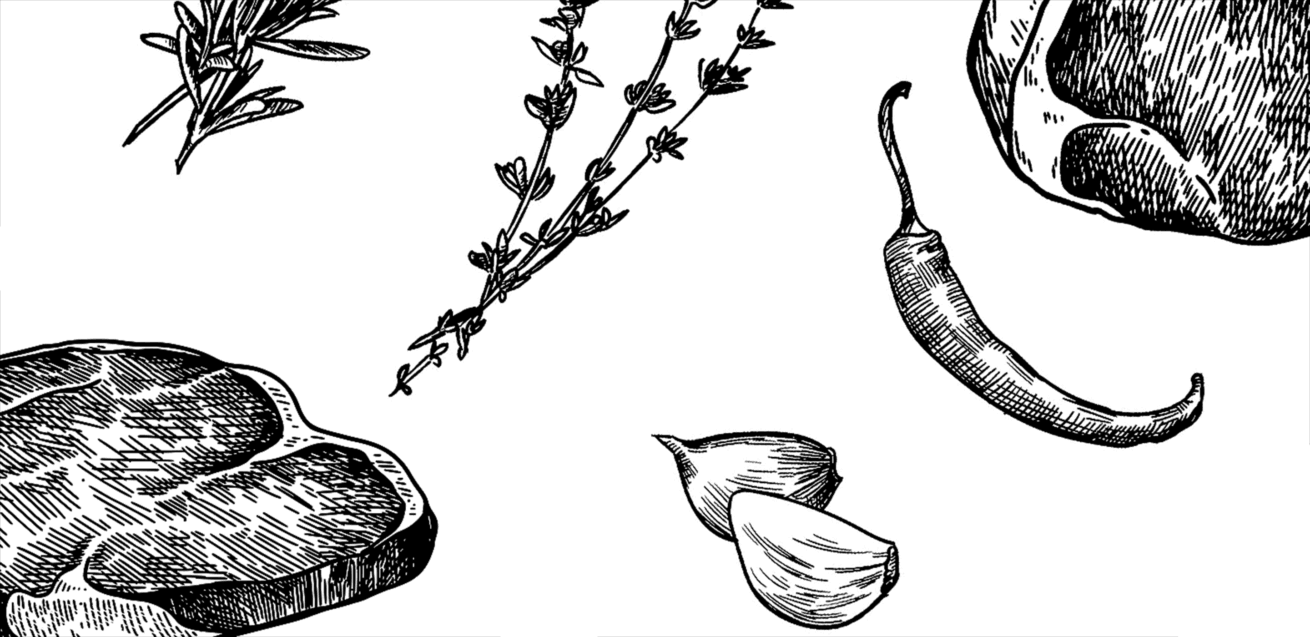Good Meat BreakdownGood Meat® Snapshots
Liz Riffle

Let's build a Good Meat® movement today.
Donate today!
Liz is an animal lover first and foremost, and an agent for the natural community. She grew up as an equestrian, took lessons and trained horses across the county while working as an active duty U.S. Navy Nurse Corps nurse. She is committed to honest meat and changing the current meat processing system our Nation relies on.
Liz Riffle first began raising bison on her current property in 2017. Liz had a desire to raise grass-fed and finished livestock in a regenerative way.
“Regenerative farming and agriculture provide a resilient system to grow food by building soil that will become abundant for man, beast, and all of Nature. We chose bison, with their intact wildness, to help teach us how to work with Mother Nature instead of against her (plus they are fabulously, healthy meat!) Riffle Farms is part of a growing movement. A movement to facilitate the large-scale regeneration of the world’s grasslands and the livelihoods of their inhabitants, through holistic management led by The Savory Institute founded in 2009 by Allan Savory.”
Riffle Farms was the first commercial bison operation in the state of West Virginia. They were also the first farm business to field harvest their animals for state-certified commercial sale, which is also how Liz’s second business, The Honest Carnivore - A WV Meat Collective, was born. Liz is also now a Savory Accredited Professional and teaches Holistic Management across the country.

Where do you live/work?
Terra Alta, West Virginia is where I live and raise bison. We sell bison as far East as Virginia Beach and have a satellite location there, so technically I work in both places!
How do you define your Good Meat® values?
We humanely raise and harvest our bison, and seek other like-minded producers to utilize their animals for butchery education and classes through my sister company, The Honest Carnivore. We pride ourselves in utilizing the whole animal, never wasting anything—from bones to organs to blood—there is an outlet or use for all of it! Transparency and whole-animal usage are at the core of our values.
In one or two sentences can you describe the approach/practice/philosophy of your operation?
After reading a book called “Eating Animals” by Jonathan Foer in late 2014, I was horrified by the industrial slaughter system and sought to find a better meat source for myself and be the change I wanted to see in this broken system. We got into raising bison specifically because they can be field harvested and still sold commercially as individual cuts due to their non-amenable classification status.
Why do you raise meat that aligns with those values?
I wanted to be the change I wanted to see in the system. I have stuck to my values, and come to find out there are others who desire this high-quality, fully transparent meat as well, so we have been able to create a profitable business around a true moral compass.
How did you become a Good Meat® producer?
After reading “Eating Animals,” the next book I picked up was “Killing It” by Camas Davis, the mastermind behind Good Meat! I was enthralled, I even called her up to discuss how to start a meat collective in my area. We talked about the legality, recommended paperwork, class prices, and other examples of how meat collectives operate around the Nation.
What is one thing you wished more consumers knew about buying meat?
What it takes to get that steak to the plate—there are MANY, many steps between Gate-to-Plate.
What meat, or meat dish, do you eat most regularly and what do you eat for a special occasion?
We eat a lot of bison burgers and bratwurst, they are just so easy to dress up, dress down, and prep quickly. For special occasions I usually make bison osso buco in the Dutch oven smothered with onions and a red sauce!
What is one of your biggest challenges as a Good Meat advocate?
Making butchery classes a profitable revenue stream so I can keep doing it! There are a lot of logistics. The one caveat I’ve found is that purchasing whole animals to then turn around and try to make a profit off of a ten-person class can be an obstacle. Small farmers raise and breed their own animals because it’s really the only way to make money—by cutting out the middleman. I’ve become a middleman by offering the butchery of an animal I don’t raise. So, we are looking into how to raise our own pigs and chickens!
Good Meat® Snapshots
Popular Links

Transparency in meat, from pasture to plate.
Practical tools and a national directory to help you choose—and champion—ethical and responsible meat.